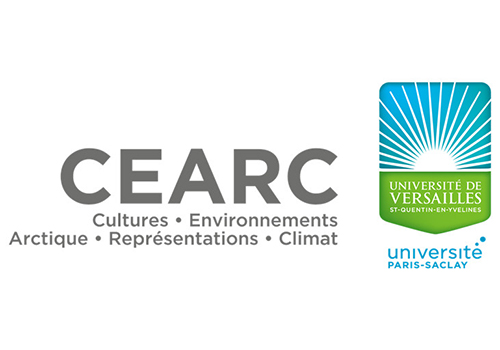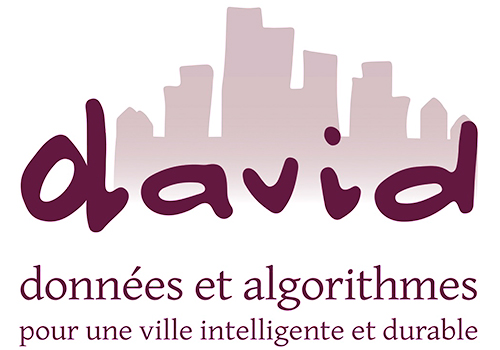The team
ACE-ICSEN gathers Paris-Saclay laboratories internationally recognized for their research on the various aspects of environmental issues.
Coordinator
Dr. Sophie Godin-Beekmann is a senior scientist at French Centre National de la Recherche Scientifique (DR1 CNRS) and the Director of Observatory of Saint-Quentin en Yvelines (OVSQ) since 2012. Her research focuses on the study of the ozone layer and its influence on climate, and on the impact of solar ultraviolet radiation on human health. On the latter issue, she has coordinated several interdisciplinary projects gathering atmospheric scientists, medical scientists and public health actors (RISC-UV, EREBUS). (Co)Author of more than 125 peer-reviewed articles, book chapters and international reports, she was a member of the GIS “Climat, Environnement, Société” Steering Committee (2008-2015). S. Godin-Beekmann is the Secretary of the International Ozone Commission since 2008 and was elected Fellow of the International Union of Geodesy and Geophysics in 2015.
Consortium
7 involved laboratories
CEARC (UVSQ) (WP-TR) focuses on qualitative and quantitative analysis of socio-ecosystems. Qualitative analysis focuses on developing innovative approaches in order to mobilize local and scientific knowledge with the aim to identify stakeholder’s needs and whishes regarding environmental changes that affect their life conditions, their activities or their health. This covers participatory approaches such as semis-structured interviews, closed-ended and open-ended questionnaires, interview transcription and coding, discourse analysis and participative observatories. Quantitative analysis focuses on macroeconomic modeling based on input-output tables and econometrics. Microeconomics models are also developed for transport analysis in order to understand how environmental policies can spur changes in individual behaviours.
DAVID laboratory, created in November 2015, conducts collaborative research bringing together big data, data mining, data privacy and security, modelling and algorithmic, in order to give rise to novel applications in the context of smart and sustainable cities. The expertize of ADAM team involved in this proposal lies in the conceptual modelling of complex data (notably spatial, temporal, stream, process, and semantic graphs), their integration and aggregation, scalable query processing, and knowledge extraction.
ESE-Paris-Sud (WP1) focuses on the fundamental processes maintaining the diversity in natural populations, species and ecosystems. Several researchers work at the interface between ecological and society, in particular the research team “Ecological Trajectories and Society-TESS” to which the participants to ACE-ICSEN belong. In particular, TESS studies in urban, agricultural and managed social-ecological systems how the governance of these systems affect their adaptive capacity to external perturbations like climate, among others.
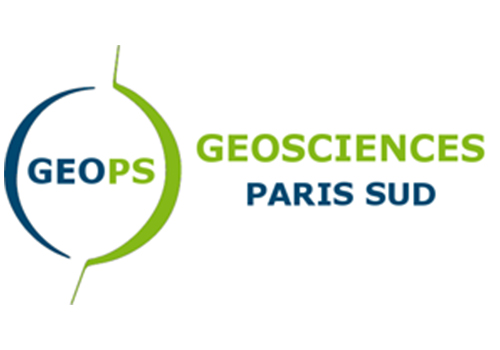 GEOPS (Geosciences Paris Sud) (WP2: Task 2.3). GEOPS focuses on the multidisciplinary study of geological and/or process stored in the terrestrial continental crust and on its surface. The activities of the IDREau team focus on the identification and quantification of the transfer of water and dissolved elements (C, N, S, trace elements) in the soil-plant-water continuum, under climatic and anthropic constraints. The tools used in the team are those of the element and isotopic geochemistry (element analysis, δ13C, 14C, δ15N, δ34S, δ18O, δ60Ni, Pb isotopes), geochemical and hydrogeological modelling, and geophysics (seismic, radar, electrical resistivity).
GEOPS (Geosciences Paris Sud) (WP2: Task 2.3). GEOPS focuses on the multidisciplinary study of geological and/or process stored in the terrestrial continental crust and on its surface. The activities of the IDREau team focus on the identification and quantification of the transfer of water and dissolved elements (C, N, S, trace elements) in the soil-plant-water continuum, under climatic and anthropic constraints. The tools used in the team are those of the element and isotopic geochemistry (element analysis, δ13C, 14C, δ15N, δ34S, δ18O, δ60Ni, Pb isotopes), geochemical and hydrogeological modelling, and geophysics (seismic, radar, electrical resistivity).
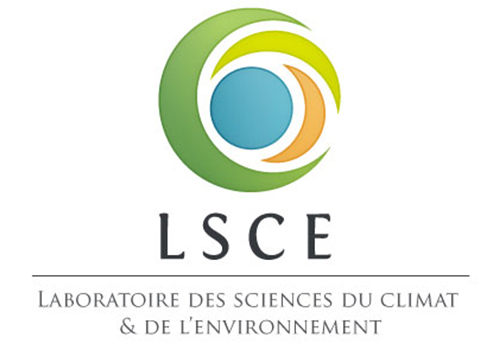 LSCE is an internationally recognized laboratory working on climate science, both on climate archive and climate modelling as well as measurements on pollutants in air and soil. For Task 2.2, two teams will be involved: The MOSAIC team, which is working on modelling of terrestrial surfaces and the ESTIMR team, which is focusing on regional climate modelling. For Task 2.3, the GEDI team will be involved. It uses geochemistry (e.g., stable and radioactive isotopes) to investigate the impacts of human activities on material transfers (e.g., sediment particles along with associated contaminants) with a wide range of tools such as ICP-MS, MC-ICP-MS and gamma spectrometry). For WP3: The modeling group will take care of updating and running the OSCAR model according to scenarios collectively elaborated with WP-TR and WP2.
LSCE is an internationally recognized laboratory working on climate science, both on climate archive and climate modelling as well as measurements on pollutants in air and soil. For Task 2.2, two teams will be involved: The MOSAIC team, which is working on modelling of terrestrial surfaces and the ESTIMR team, which is focusing on regional climate modelling. For Task 2.3, the GEDI team will be involved. It uses geochemistry (e.g., stable and radioactive isotopes) to investigate the impacts of human activities on material transfers (e.g., sediment particles along with associated contaminants) with a wide range of tools such as ICP-MS, MC-ICP-MS and gamma spectrometry). For WP3: The modeling group will take care of updating and running the OSCAR model according to scenarios collectively elaborated with WP-TR and WP2.
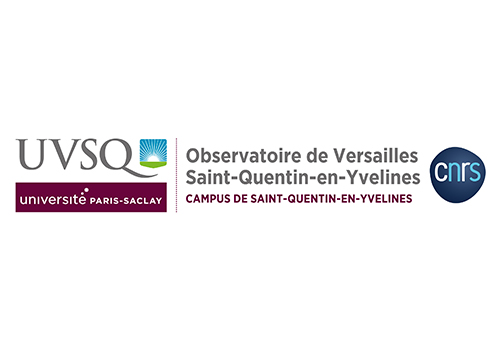 OVSQ is an “Observatoire des Sciences de l’Univers (OSU)” depending on both UVSQ and CNRS. As an OSU, it has 3 main missions related to teaching, observation (both planetary and terrestrial environments), and multidisciplinary research. 3 research laboratories are affiliated to OVSQ: LATMOS, LSCE and CEARC.
OVSQ is an “Observatoire des Sciences de l’Univers (OSU)” depending on both UVSQ and CNRS. As an OSU, it has 3 main missions related to teaching, observation (both planetary and terrestrial environments), and multidisciplinary research. 3 research laboratories are affiliated to OVSQ: LATMOS, LSCE and CEARC.
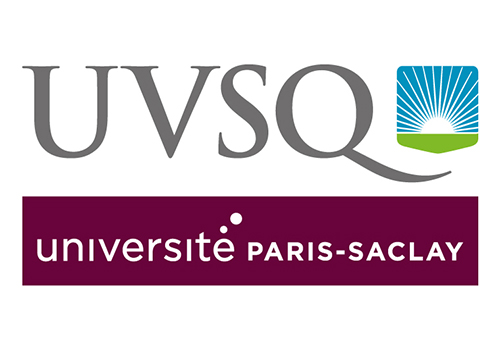 VIMA (UMR-S 1168) is a mixed research unit involving researchers from UVSQ and INSERM. Research focuses on the determinants (physical, biological, environmental, behavioural and social) of aging and chronic diseases (notably respiratory), as well as the impact of aging on health care utilization. It mobilizes complementary approaches in epidemiology, public health and clinical. They are based on the implementation, monitoring and analysis of cohorts throughout the life course.
VIMA (UMR-S 1168) is a mixed research unit involving researchers from UVSQ and INSERM. Research focuses on the determinants (physical, biological, environmental, behavioural and social) of aging and chronic diseases (notably respiratory), as well as the impact of aging on health care utilization. It mobilizes complementary approaches in epidemiology, public health and clinical. They are based on the implementation, monitoring and analysis of cohorts throughout the life course.
3 Paris-Saclay departments

